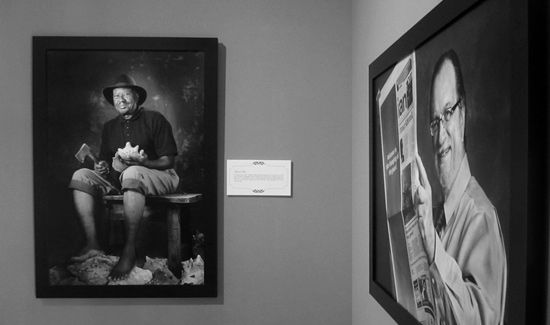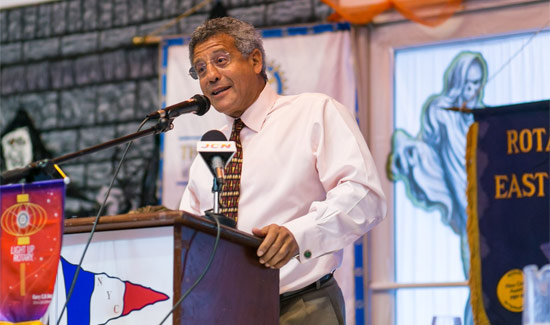For many years our country has entertained, and engaged in, the gambling and National Lottery debate. Everyone has seemingly made it a point to make their case known. The church has had their say, the politicians theirs. The gambling houses have stood up and spoken boldly regarding how they feel the country should turn as it relates to legalising the business. While this is a sensitive topic for some, and one that fuels much emotion, it is a conversation we need to have from all angles.
Much has been said about the separation of church and state on the issue of gambling, but not quite as much on the effects of gambling on the Bahamian corporate fabric. We have heard the arguments and reports from studies regarding the extent to which the legalisation of numbers, and a proposed national lottery, could benefit the nation, its infrastructure, educational system, healthcare and other vital services. I believe many Bahamians empathise with the Government’s desire to want more, and provide more, for its constituents, thus seizing this opportunity. No logically-thinking Bahamian, understanding the global economic climate, will chide the Government for at least exploring the feasibility of expanding revenue streams that will benefit the masses.
Our discussion today on this hot topic is simply to cause us to think more soberly about the consequences of indulging in games of chance from a business/society perspective. A few weeks back, the Prime Minister expressed alarm at the large number of persons engaged locally in ‘buying numbers’. The estimated figure quoted was approximately 100,000.
I believe it is safe to assume that persons engaged in gambling are those persons who have some means of income and are, for all intents and purposes, employed. This essentially means that more than 50 per cent of individuals in the Bahamian working class population are gamblers. If this is true, and most of us are gambling with our earnings, then the economists and social scientists among us must spend some time getting to the root of this behaviour.
As an individual who has some knowledge of the Bahamian historical backdrop, I strongly believe that deeply woven into the fabric of who we are as a people is the desire to make ‘IT’ big and to make ‘IT’ quick. This hangs on the backs of the average Bahamian. In almost every era in Bahamian history, there seems to be this longing to Wreck, to Pirate, to Blockade Run, to Bootleg Rum, to Drug Run, to Money Launder, and to take the risk of engaging in anything, legal or illegal (whether sanctioned by the Government or not) that would advance our personal desire for great gain. A huge appetite for wealth we seem to have, but sometimes (sadly) acquiring this wealth by any means necessary.
In a country where the general consensus is that the attitude towards hard work, strong work ethics and a heritage and legacy of honesty leaves much to be desired, perhaps we must look again at how we will combat this mindset that adversely impacts home, community and business.
NB: Ian R. Ferguson was educated locally, regionally and internationally, having earned a Master’s Degree in Education from the University of Miami. During the course of his nearly 20 years in education, talent management and human resources, he has served both the public and private sector in senior management roles. He currently serves as manager of the Chamber Institute, and as a local consultant in the field, having assisted hundreds of local and regional businesses in improving business and service excellence through their human capital.
By: Ian Ferguson
Source: The Tribune



